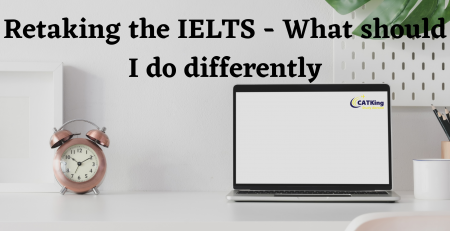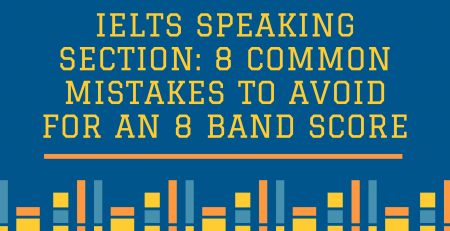IELTS Listening: Top Methods to Improve Your Score
IELTS Listening: Top Methods to Improve Your Score
“Are you a good listener?” Most of you will definitely say a ready ‘yes’ to that question, but sit back and think whether you are ready enough for the IELTS Listening Module. The IELTS Listening section is rather demanding if you are not used to the way native English speakers communicate, and it, therefore, becomes essential for you to work hard on your listening skills. With consistent effort, listening becomes a rather easy task, and there are specific ways in which you can improve this skill set; after all, since our childhood, we have been advised to ‘listen carefully’.
The IELTS Test Format
Remember that the IELTS has two test formats; one for students pursuing higher education, ‘Academic Module’ and the other, ‘ General Training Module’. However, the listening test remains the same irrespective of the test.
The Reading, Writing and the Listening Modules of the IELTS have no breaks between the sets. According to the official website, the IELTS listening section has 40 questions, to be completed within 30 minutes, and a 10 minute transfer time. Each question is worth 1 mark.
Methods to improve the IELTS Listening score:
-
Understand the exam pattern
The IELTS Listening Section is divided into 4 parts, with 10 questions in each part. To summarize a conversation between two people, a speech, a conversation in an academic setting, and finally, a monologue on an academic subject. There are four types of recordings:
- Informal Conversation (Listening Task 1)A casual conversation between two people. For example, a conversation about travel between two friends travelling to a new destination or a mother-son conversation.
- Informal Speech (Listening Task 2)A monologue by a person in an informal scenario. For example, a speech about local facilities, such as a bus stand, a museum or something similar.
- Academic Conversation (Listening Task 3): A conversation between students in a university is the best example of an academic setting.
- Academic Monologue (Lecture Task 4): Lesson taken by a professor.
-
Efficient Time Management
Time Management is a key skill in the IELTS listening section, especially because you have to be careful not to miss out on the smaller details. Ensure that when you practice, you keep a timer and target a finish within the specified time limits.
-
Check your spellings
The IELTS is not very tolerant of spelling errors. Do not type in sentences in shorthand. For example: H2O for water is also a big no! Not only is the idea of the answer important, but also the spellings. You lose points each time you make a spelling mistake. If you have time after answering the questions, make sure that you read everything that you have written once again. Be sure, be clear.
-
Follow instructions
Be very alert during the test. A lot of students make the mistake of assuming certain concepts and they go wrong. IELTS Listening is all about paying attention. You will get time to transfer answers to the answer sheet. Be very careful about this. Make sure that you are listening carefully so that there is a valid parallel connection between the answer choice that you select and the passage.
-
Get accustomed to the accents
Generally, the IELTS plays recordings that are from England, the USA, New Zealand, or some other native English speaking country. The best way to familiarize yourself with such accents is to watch a few episodes of a TV series, news channels, movies etc. There are even informative Podcasts that might be relevant to your higher education. Listening to free lectures online can help you with the ‘academic monologue’ recording too.

-
Pitch Patterns in Speech
Once you get accustomed to the accents, you can then go a level further and identify how people pause, vary their pitch while speaking, and enunciate. This will help you in identifying important parts of the speech, and the ‘mood’ of the conversation. How the whole monologue or conversation is lined can be judged from the speaker’s vocabulary.
-
Stick to the scope of the recording
Testing your knowledge of different fields is not the main task of IELTS. Remember that this is a test of your English listening skills only. Stick to the facts. In addition, this is valid even for the IELTS Reading section.
We hope that you thoroughly enjoyed reading about how you could inculcate best practices in your preparation for the IELTS Listening Section.
All the best!
If you’re thinking about preparing for IELTS, read our blog post on IELTS Writing Section: How to improve your IELTS Writing Skills

















Leave a Reply
You must be logged in to post a comment.